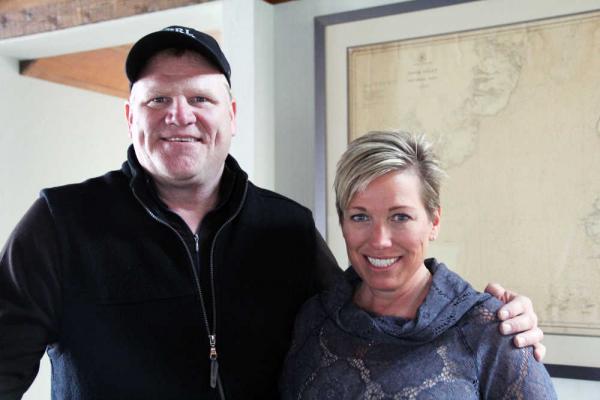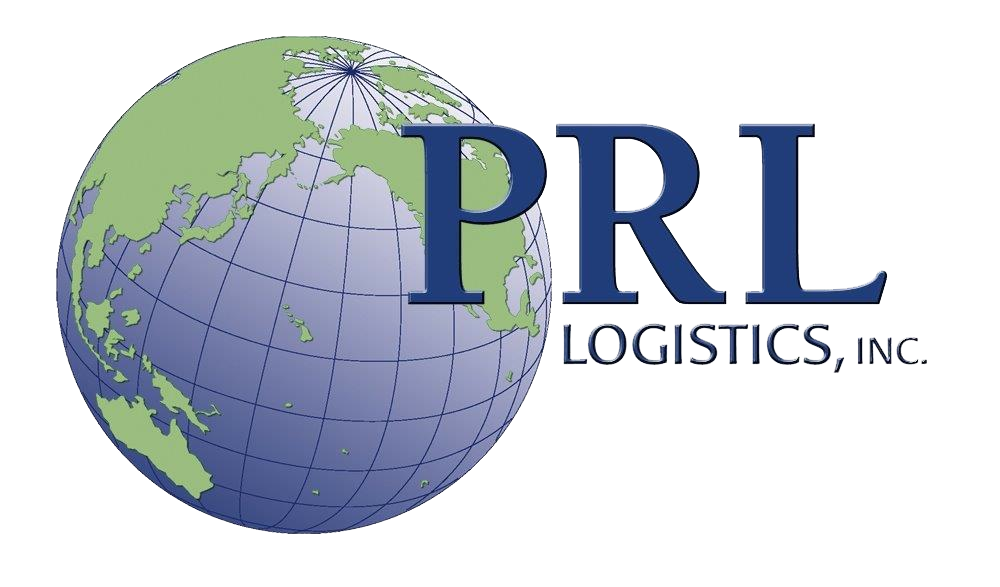

http://peninsulaclarion.com/news/2014-04-07/logistics-company-renovates-100-year-old-kenai-cannery
Months of renovations and $2 million later, PRL Logistics Inc. CEO Ron Hyde said he expects to be open for business in Kenai in about a month.
“As we’ve continued to watch Cook Inlet and seeing this surge in activity, it just really made sense to start making plans to support work down here for many of our same clients,” Hyde said.
Hyde, who began Anchorage-based PRL in 2002, said he searched for a Kenai location for almost three years before deciding on a more than 100-year-old cannery at Kenai Landing.
The location fits the company’s needs, he said.
“It had all the components of a safe harbor for small to medium vessels coming out of Cook Inlet and being able to hide out from the weather and being able to load and unload in a protected fashion,” he said. “It also now offers a road to the facility from the main highways in Alaska. Our plans are also to install two heliports, so there will be helicopter access here from industry in the inlet.”
Hyde expects to employ about 10 direct-hire logistics professionals, project managers and field personnel at the Kenai branch as well as subcontract about two dozen businesses for trucking, aviation and marine purposes and equipment providers.
Hyde hired all local compaines to rennovate the building that began as the Libby, McNeill and Libby cannery.
While the facility, which wasn’t built to support winter operations, had to be completely overhauled to bring it up to municipal, state and fire codes, Hyde repurposed many materials from the building.
“It was structurally beautiful,” Hyde said. “It was very solid. There was no rot. … We took 30 Dumpsters of the transformation over the years of sheetrock and other seasonal attempts to just make it habitable. … We had to purge the place and take it all the way back to when it was originally built.”
Crews insulated the building from the outside to preserve the original interior walls and put on new siding and a new roof. He said the water, before it was purified, looked like Coca-Cola coming out of the taps.
Some support beams throughout the building are made with wood from the old dock serving not only a function, but also as a reminder of what came before — a logistics hub for fishing and before that, trading. Hyde created industrial-style chandeliers from the wheels of pulley systems and handrails from wooden rain gutters. Other literally hidden treasures, like an old map of Cook Inlet that was found in a wall, are on display in the building.
Hyde estimates the 7-month renovation cost about three times what it would have cost him to build a new facility, but he’s not done yet. The main building overhaul is just phase one.
About ten years ago, buildings that used to be at the Land’s End Resort in Homer were barged up to the landing. Phase two is the renovation of the buildings into camp-style lodging to support oil and gas and construction. The 16 units will be capable of housing 32 people, he said.
Phase three includes dock improvements, helipad construction and materials and supply chain management. During the next two years, Hyde expects to spend about another $2 million on infrastructure construction and renovation.
“This building, really this was the original administration building, company store and communications building for this cannery operation,” he said. “It was essentially its logistical headquarters, and so there was a certain amount of romance in being able to revive that capability in this building.”
PRL has provided logistics services throughout the entire state from the Aleutians to the Interior to the Arctic, Hyde said.
Hyde grew up and worked in the Bush of southwest Alaska prior to starting PRL and said that his passion for the wilderness and remote regions is the basis of his business.
“That ultimately became how I would make my living — working with companies and working with agencies and so on,” he said, “especially ones from outside of Alaska that want to invest in Alaska, helping them … get through the hardships of doing business in remote Alaska.”
